Average Cost of CAR-T Treatment for AML in China
.jpg)
If you're exploring treatment options for Acute Myeloid Leukemia (AML), particularly advanced therapies like CAR-T, understanding the costs involved is a crucial step. China has emerged as a significant player in innovative medical treatments, offering various advanced therapies, including CAR-T, often at more accessible price points compared to Western countries. For patients and their families, navigating the financial aspects of such complex treatments can be overwhelming, especially when considering international travel and different healthcare systems.
This detailed guide aims to shed light on the cost of CAR-T for AML in China, breaking down what influences these prices, what to expect from the treatment, and how international patients can access these life-changing therapies. We’ll address common questions, provide clear explanations, and offer insights to help you make informed decisions about your healthcare journey, ensuring you have a comprehensive understanding of what’s involved.
What is the cost of CAR-T for AML in China?
CAR-T (Chimeric Antigen Receptor T-cell) therapy is a groundbreaking form of immunotherapy that genetically engineers a patient's own T-cells to recognize and attack cancer cells. While its application for AML is still largely in clinical trials or under conditional approval in many regions, China has been at the forefront of its research and development, making it accessible to patients earlier in some instances. The overall cost is a significant consideration, and it's essential to understand that this figure typically encompasses more than just the therapy itself.
This price range usually includes the initial patient evaluation, the collection of T-cells (apheresis), the genetic modification of these cells, the infusion back into the patient, and a period of post-infusion monitoring and supportive care.
Hospitals in major cities like Beijing, Shanghai, and Guangzhou, which often have state-of-the-art facilities and experienced medical teams, might fall on the higher end of this spectrum. It's always advisable to request a detailed cost breakdown from the chosen medical facility.
How does the cost of CAR-T for AML in China compare to Western countries?
The cost disparity for advanced therapies like CAR-T between China and countries in North America or Europe is often substantial. In the United States, for example, the list price for approved CAR-T therapies for other blood cancers can exceed $400,000, and when factoring in hospital stays, pre-treatment chemotherapy, and management of potential side effects, the total cost can easily climb past half a million dollars. These costs are often prohibitive for patients, even with insurance coverage.
China's lower manufacturing costs, different regulatory environment, and competitive healthcare market contribute to these more accessible prices. While the specific CAR-T therapies for AML may differ between regions, the overall financial burden in China is typically less. This affordability doesn't necessarily indicate a compromise in quality, as many Chinese institutions adhere to international medical standards and have highly skilled specialists.
What factors influence the price of CAR-T therapy for AML in China?
Understanding the components that contribute to the overall cost can help patients budget effectively. The core CAR-T product itself is a major factor. For AML, various CAR-T constructs are being developed, targeting different antigens on leukemia cells. The novelty, complexity of manufacturing, and clinical trial stage of a specific therapy can impact its price.
Other influential factors include:
- Hospital Tier and Location: Premier hospitals in major metropolitan areas often have higher overheads and thus higher charges than smaller, regional facilities.
- Patient-Specific Needs: Patients with advanced disease, prior treatments, or co-morbidities may require more extensive pre-treatment conditioning, longer hospital stays, or specialized supportive care, all of which add to the total cost.
- Duration of Stay: The length of hospital stay post-infusion for monitoring potential side effects like cytokine release syndrome (CRS) or neurotoxicity varies by patient and protocol, directly affecting the overall bill.
- Ancillary Services: Costs for diagnostic tests, imaging, blood transfusions, medications for managing side effects, and consultations with other specialists are typically included but can vary.
Are there different types of CAR-T therapies for AML available in China?
Unlike some other blood cancers where a few CAR-T products are commercially approved, CAR-T for AML is a rapidly evolving field. AML cells can be heterogeneous, making it challenging to find a single universal target antigen. Therefore, researchers in China and globally are exploring multiple targets to improve efficacy and reduce toxicity.
Patients considering CAR-T for AML in China should inquire about the specific target antigen of the therapy offered and its clinical trial status or regulatory pathway. Hospitals may specialize in certain types of CAR-T constructs, and the choice often depends on the patient's individual leukemia characteristics and previous treatment history. This specialization means that while "CAR-T for AML" is a broad term, the exact therapeutic approach can vary significantly from one institution to another.
What is included in the CAR-T treatment package cost in China?
When you receive a quote for CAR-T therapy in China, it's vital to understand what exactly is covered. Most comprehensive packages aim to be all-inclusive for the core treatment period, minimizing unexpected costs. However, it’s always best to get a detailed breakdown in writing.
Here's a typical breakdown of what's often included:
| Component | Description |
|---|---|
| Pre-Treatment Evaluation | Comprehensive medical examination, diagnostic tests, imaging, and consultations to determine eligibility. |
| Apheresis | Procedure to collect the patient's T-cells from their blood. |
| CAR-T Cell Manufacturing | Genetic engineering and expansion of T-cells in a specialized lab. |
| Conditioning Chemotherapy | Short course of chemotherapy given before CAR-T infusion to prepare the body. |
| CAR-T Infusion | The actual administration of the genetically modified T-cells. |
| Hospitalization & Monitoring | Inpatient stay for close observation and management of potential side effects, including ICU if necessary. |
| Medications | Drugs for managing side effects (e.g., tocilizumab for CRS), antibiotics, and other supportive care medications during the hospital stay. |
| Follow-up Consultations | Post-discharge consultations and basic tests for a specified period (e.g., 3-6 months). |
However, costs for international travel, accommodation for accompanying family members, visas, and any prolonged complications requiring extended hospitalization beyond the package duration are typically not included and should be budgeted separately.
Is CAR-T therapy for AML approved in China?
The regulatory landscape for CAR-T therapy is dynamic globally. In China, while the National Medical Products Administration (NMPA) has approved certain CAR-T products for B-cell lymphomas and leukemia, approvals for AML are still evolving. This means that access to CAR-T for AML is often through participation in clinical trials, which are robust and well-funded in China.
For international patients, this often means that they would be enrolled in a trial designed to evaluate the safety and efficacy of new AML CAR-T constructs. This can be beneficial as trial participants often receive cutting-edge treatment under strict medical supervision. However, it also means that specific eligibility criteria must be met, and access might not be as straightforward as commercially available therapies.
What are the success rates of CAR-T for AML in China?
Acute Myeloid Leukemia (AML) presents unique challenges for CAR-T therapy compared to other leukemias, mainly due to antigen heterogeneity and the potential for on-target, off-tumor toxicity against normal myeloid cells. As such, the reported success rates are diverse and still maturing.
Chinese researchers have been actively publishing data from their clinical trials, showing encouraging results, especially in patients who have exhausted standard treatment options. It's crucial for patients and their families to discuss the latest available data for the specific CAR-T product and target antigen being considered with their medical team. Factors like the patient's overall health, prior treatments, and the presence of specific genetic mutations in their AML can significantly influence outcomes.
Can international patients access CAR-T for AML in China?
China has a growing medical tourism industry, and many hospitals, particularly those in large cities with advanced treatment capabilities, actively welcome international patients. For a complex therapy like CAR-T for AML, several steps are usually involved:
- Initial Inquiry and Medical Records Review: Patients typically submit their medical history, diagnosis, and previous treatment details for review by Chinese specialists.
- Eligibility Assessment: The medical team evaluates if the patient is a suitable candidate for the available CAR-T trials or therapies.
- Treatment Plan and Quote: If eligible, a personalized treatment plan and a detailed cost estimate are provided.
- Travel and Logistics: Assistance with visa applications, travel arrangements, and accommodation can often be facilitated by the hospital's international patient department or a medical tourism agency.
It is important to work with trusted channels to ensure a smooth and safe process. Many hospitals have dedicated teams to assist foreign patients with all aspects of their visit.
What are the benefits of choosing China for CAR-T therapy for AML?
For patients facing a challenging diagnosis like AML, considering international treatment options can open doors to new possibilities. China's healthcare landscape offers several compelling advantages:
- Cost-Effectiveness: As discussed, the financial burden is often considerably less, making life-saving treatments more accessible.
- Innovation and Speed of Access: China's regulatory environment and strong investment in biotechnology mean that novel therapies often become available in clinical trials earlier than in some other countries.
- Expertise and Experience: With a large patient population and extensive research infrastructure, Chinese medical institutions have accumulated significant experience in advanced cellular therapies.
- State-of-the-Art Facilities: Many leading hospitals are equipped with modern technology and specialized units for immunotherapy, ensuring high standards of care.
These factors combined make China an attractive destination for medical tourism, particularly for complex and experimental treatments like CAR-T for AML.
What support services are available for medical tourists seeking CAR-T in China?
Recognizing the unique needs of international patients, many Chinese hospitals and medical tourism facilitators have established robust support systems. These services are designed to alleviate the logistical and cultural challenges associated with receiving medical care abroad.
Key support services often include:
- Language and Communication: Dedicated international patient departments often have staff proficient in English and other languages, as well as professional medical translators.
- Logistics and Travel: Assistance with securing medical visas, arranging flights, and providing airport pick-up and drop-off services.
- Accommodation: Help with finding suitable short-term or long-term accommodation near the hospital for the patient and accompanying family members.
- Patient Navigation: A case manager or coordinator who acts as a single point of contact, guiding the patient through appointments, treatment schedules, and administrative procedures.
- Cultural Adaptation: Support for adapting to local customs and accessing amenities, helping to make the stay as comfortable as possible.
These services are vital for reducing stress and allowing patients to focus on their recovery during what can be a very demanding period.
Considering CAR-T for AML in China? Explore your options and find trusted healthcare solutions through PlacidWay. PlacidWay connects you with leading hospitals and clinics worldwide, offering comprehensive information and support for your medical tourism journey.


.png)
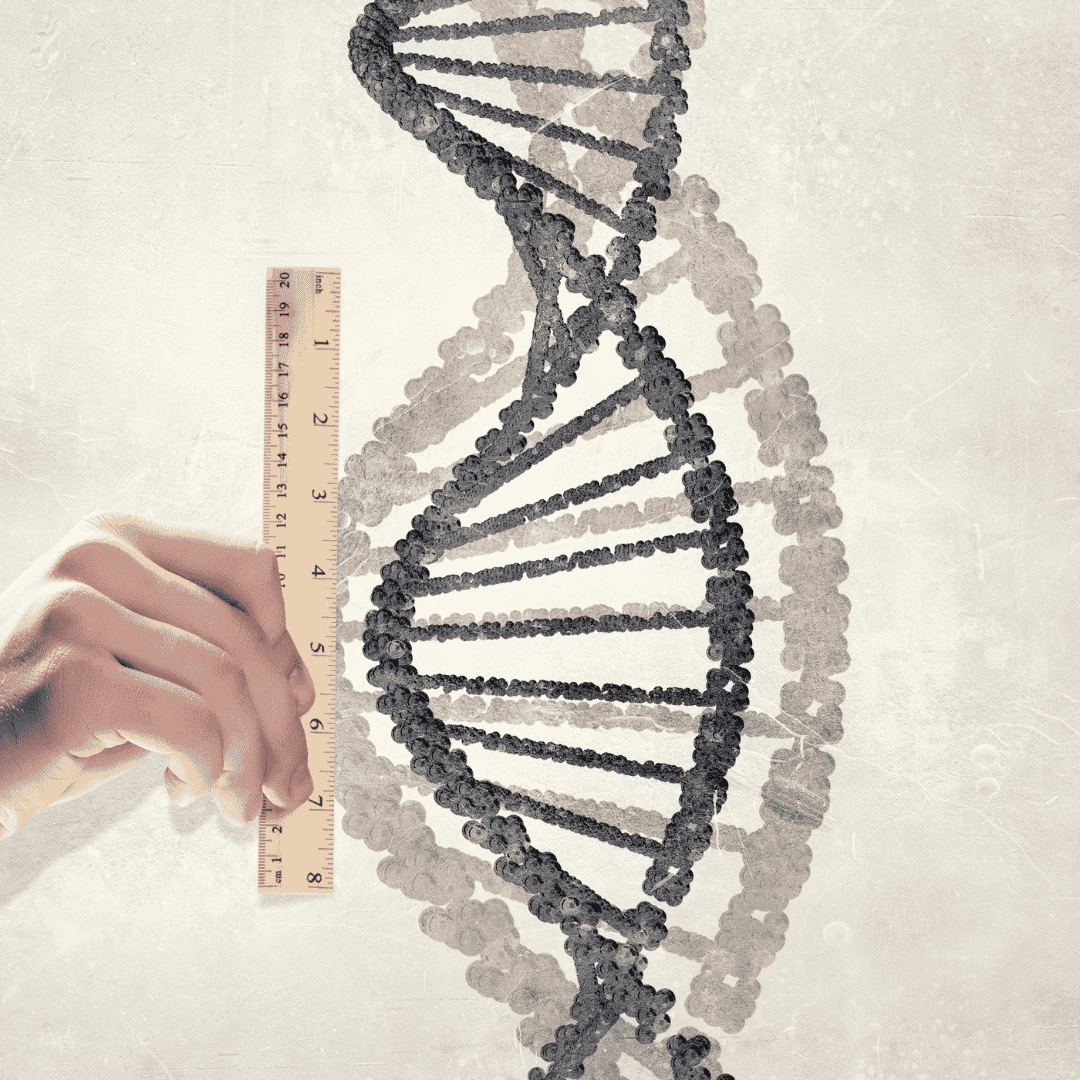
.png)


.png)
.png)
.png)

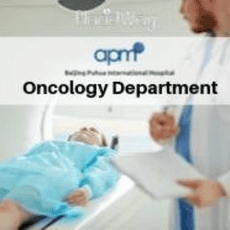
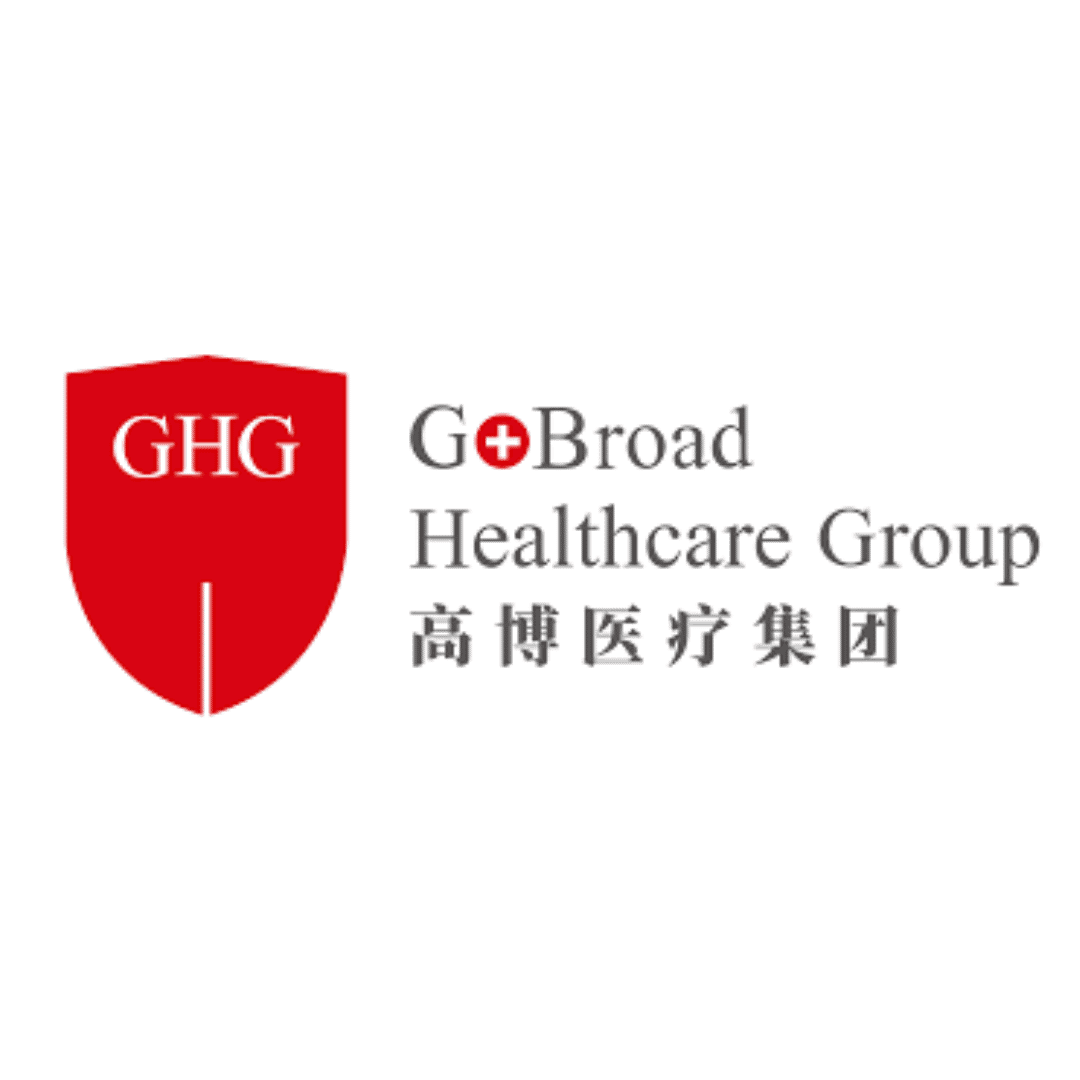
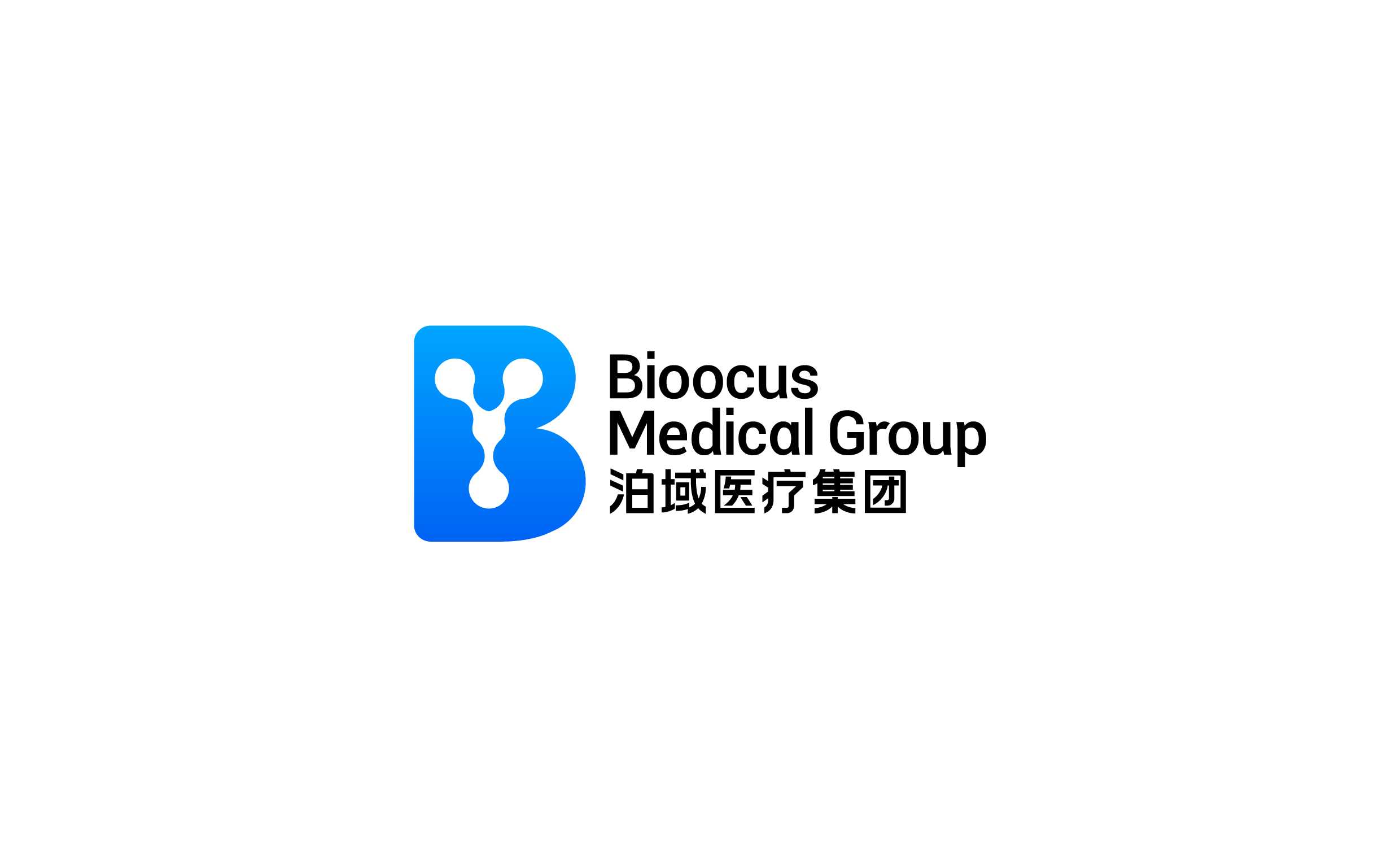
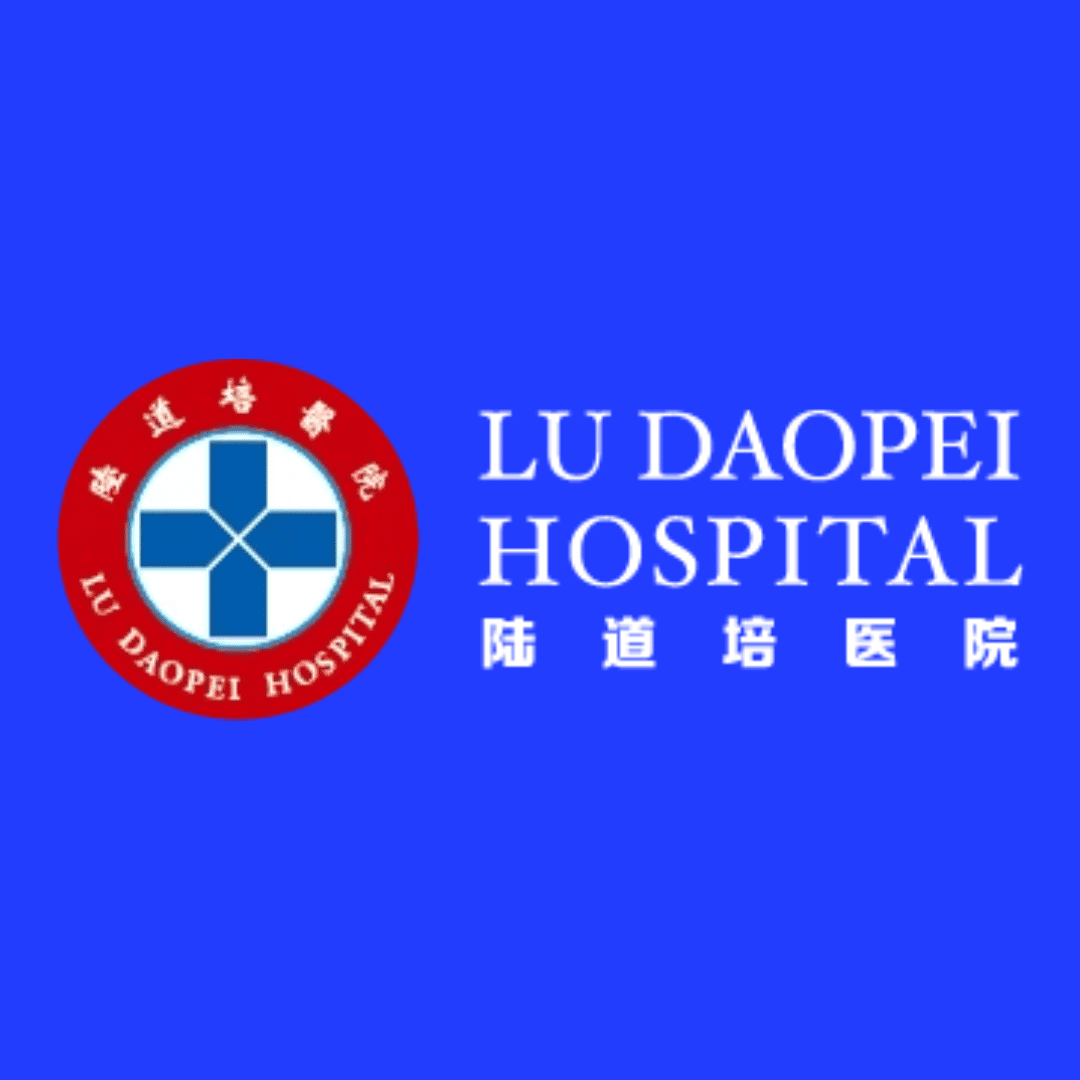
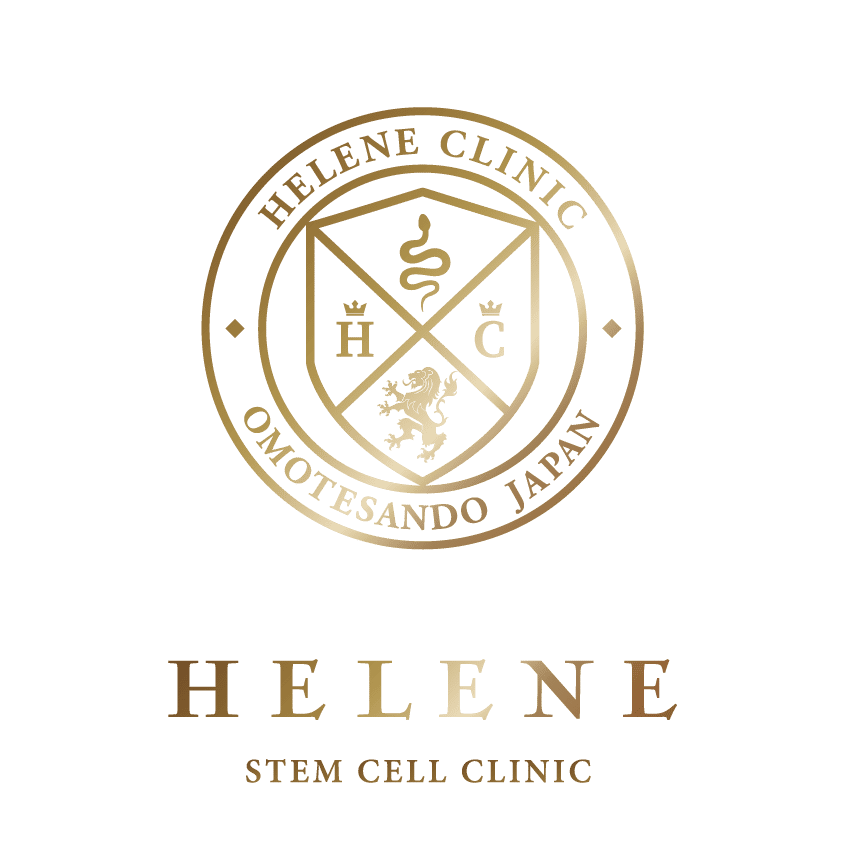

Share this listing